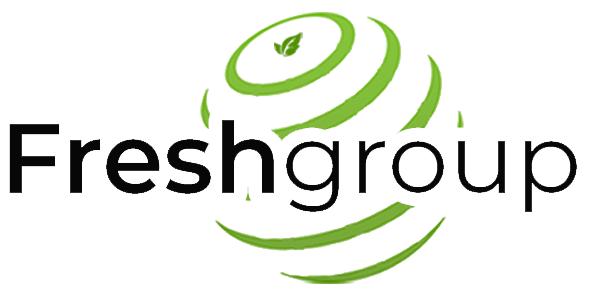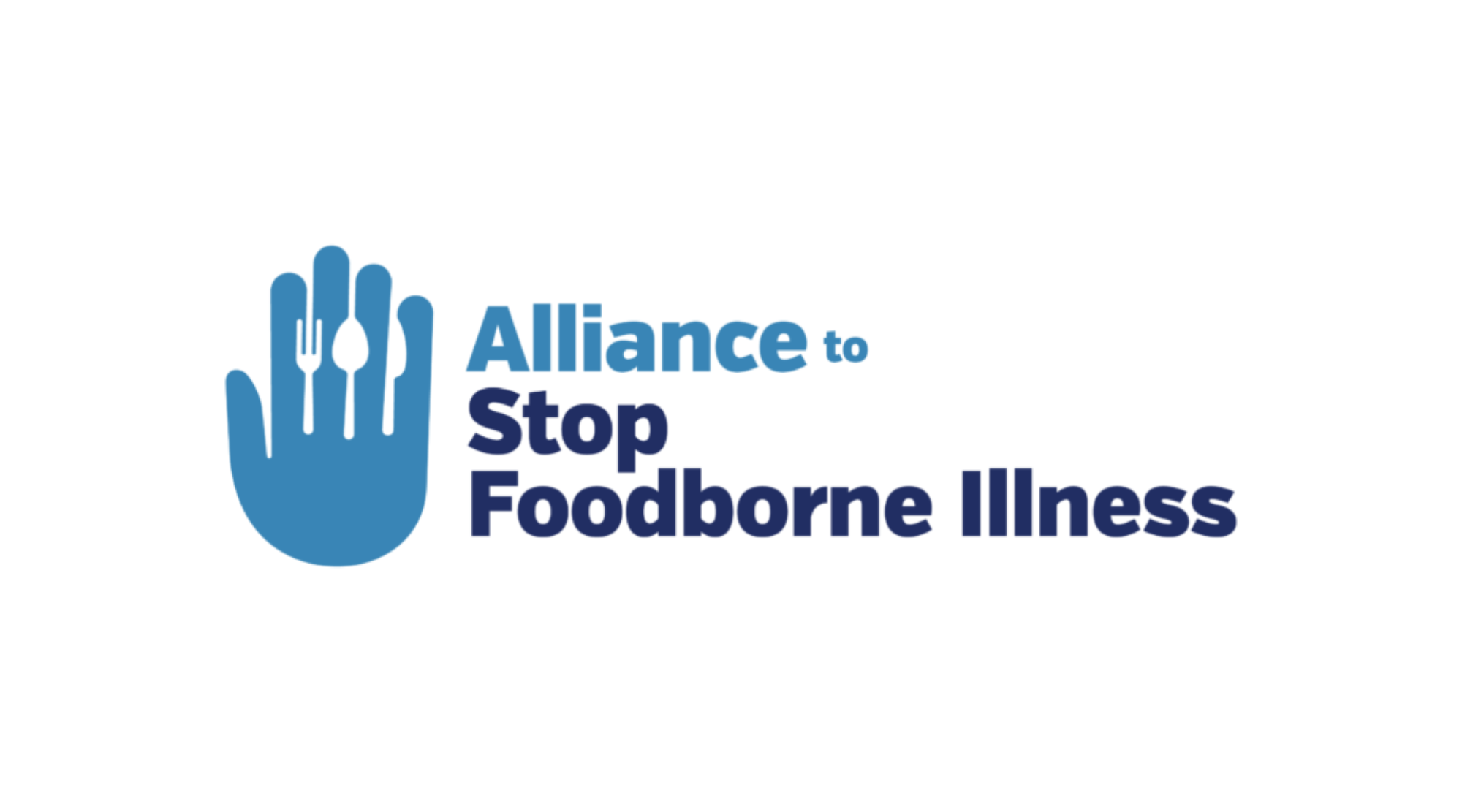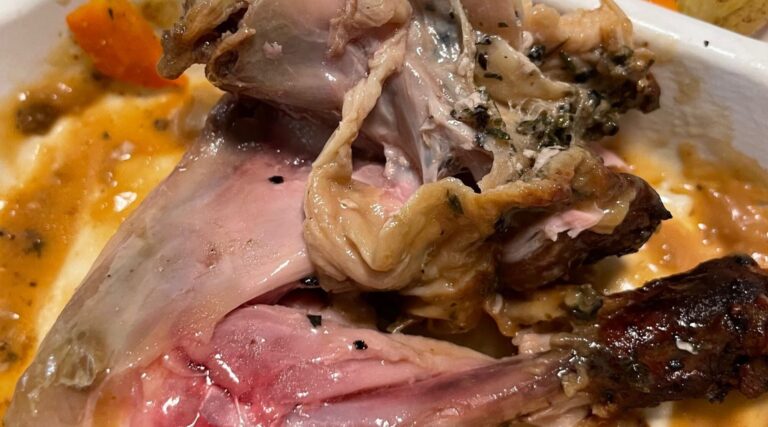In a significant push to enhance food safety across the supply chain, four prominent organizations — W.K. Kellogg, Kellanova, the National Restaurant Association, and the International Dairy Foods Association — have joined the Alliance to Stop Foodborne Illness. This initiative, led by Stop Foodborne Illness (STOP), aims to foster collaboration between leading food companies and consumers affected by food safety failures.
“Safety needs to be a central value of our food system,” stated Vanessa Coffman, Ph.D., Alliance Program Director. “While many companies are already making strides, the Alliance provides a unique platform for them to collectively advance their food safety cultures and those within their supply chains through best practice sharing. People continue to fall seriously ill from food, and we’re trying something new to reduce these numbers.”
According to the Centers for Disease Control and Prevention, approximately 48 million Americans — about one in six — suffer from foodborne illnesses annually. Of these, 128,000 are hospitalized, and 3,000 die. Since its inception in 2018 with ten companies, the Alliance to Stop Foodborne Illness has grown to include over 20 industry partners, now welcoming Kellanova and W.K. Kellogg (formerly Kellogg Company), the National Restaurant Association, and the International Dairy Foods Association.
Current members of the Alliance represent a diverse array of industry leaders, including the American Frozen Food Institute, Cargill, Chipotle Mexican Grill, Conagra Brands, Consumer Brands Association, Costco Wholesale, Empirical Foods, The Hershey Company, JBS, Maple Leaf Foods, Mars, Nestlé, PepsiCo, TreeHouse Foods, Walmart, Wawa, and Wegmans.
The Alliance emphasizes collaboration between food companies and consumers to cultivate a robust food safety culture. Celebrating its 30th anniversary, STOP continues to support those impacted by food safety failures, aiming to prevent illness and death from foodborne pathogens by advocating for survivors, enhancing public understanding, and promoting policies and practices that improve prevention.
“The Alliance is expanding its outreach and resources, leveraging insights from industry thought leaders and the compelling stories of our consumer advocates,” Coffman added. “A prime example of this collaboration is our award-winning, innovative online food safety culture toolkit designed for small- and medium-sized companies. To date, over 600 companies across 81 countries have accessed this free resource.”
STOP and the Alliance engage actively with farmers, food companies, regulators, academia, consumers, and food associations to advance food safety culture measures beyond minimum standards and regulations. This proactive approach is intended to create a safer food system and reduce the incidence of foodborne illnesses.
Source: FSN
Reach out to Fresh Group Food Safety And Quality Consulting for any inquiries related to food quality and safety.




